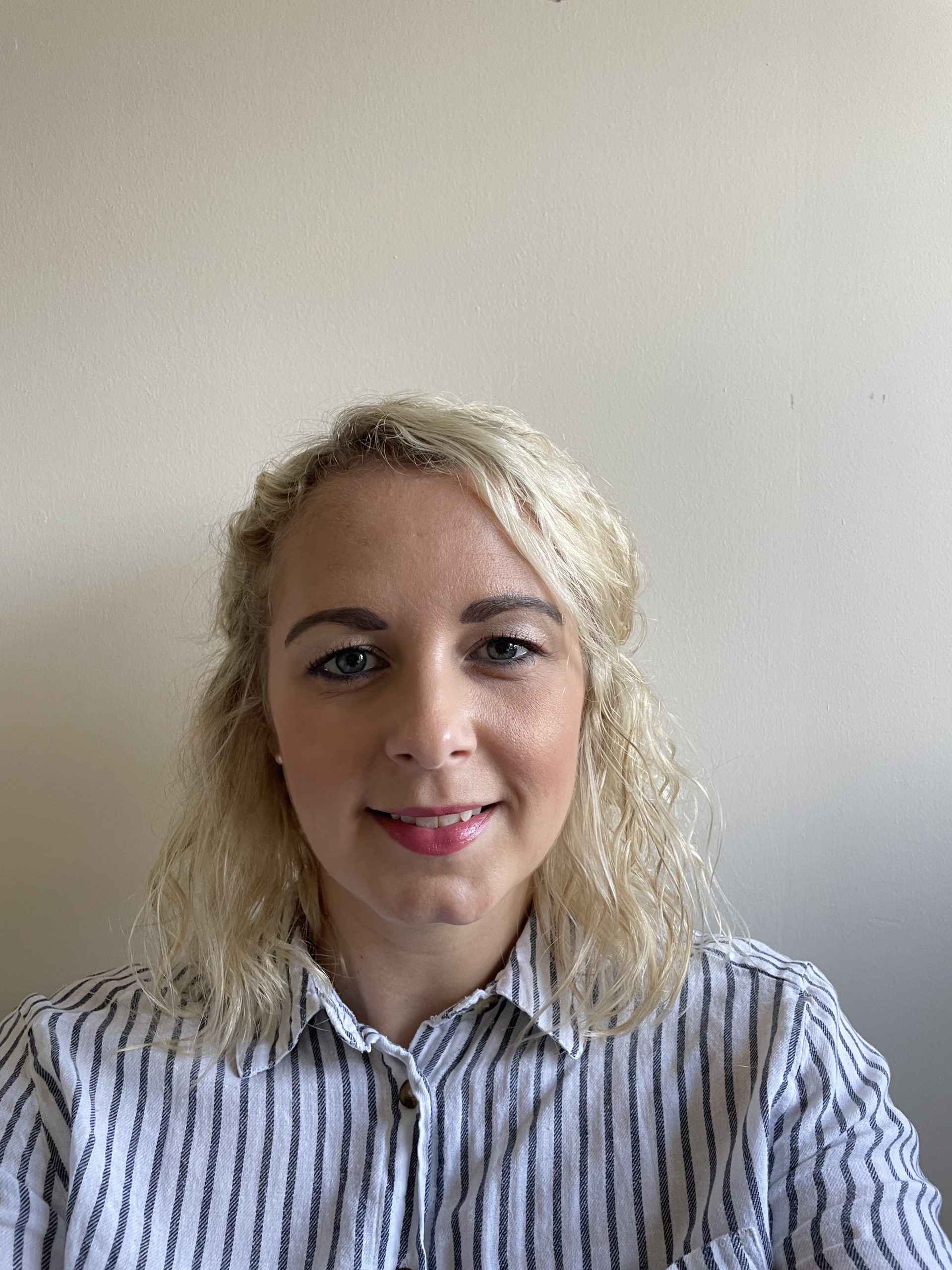Measuring the impact of and contributory factors for effective implementation of the Tovertafel in day centre and residential settings

ENRICHEnabling Research in Care Homes
GUEST BLOG
Measuring the impact of and contributory factors for effective implementation of the Tovertafel in day centre and residential settings
Rachel Fox – Part-time PhD student at Leeds Beckett University and Project Manager for Royal Voluntary Service developing activity and support groups for people living with dementia
Hi, I’m Rachel Fox, I live in the North East of England and I have worked in dementia care for the almost 10 years now. On leaving University back in 2011, I began working directly with people living with dementia and their carers to provide care and support. I continue to work and am extremely fortunate to be able follow my passion in supporting people with dementia. I’m now a Project Manager developing activity and support groups for people living with dementia across Britain and part-time self-funded PhD student at Leeds Beckett University.

The Tovertafel or Magic Table
The Tovertafel was created in The Netherlands by Hester Andreisen within his PhD. The aim of the Tovertafel was to create a fun and stimulating activity for people in the later stages of dementia. The Tovertafel is an interactive projector, it projects a series of games onto a table in which participants can interact by using hand and arm movements. The games include swimming fish, football, spinning tops, sweeping leaves and much more. One of the key features is that the games is that people can play independently, interact with the games as they wish and play the games as they want to. This differed from other pieces of technology as it focused on stimulation and fun in later stages of dementia rather than a focus on people in the earlier stages of dementia or on keeping people safe. The idea has now transferred to other countries including the UK where it is often referred to as the Magic Table.
For more information of the Tovertafel click here
My Experience of using the Tovertafel
I first came across the Tovertafel whilst working in a specialist day service for people living with dementia. I have seen first-hand the amazing benefits the Tovertafel has for people living with dementia, from providing a source of activity through to supporting with mood and social interaction. An example was whilst working in the day service, I worked with a lady who had a complex type of dementia who experienced frustration and upset when she was unable to complete tasks for herself. After a few minutes interacting with the Tovertafel, often using her full upper body to interact, her mood would calm and she began to smile following her interactions. This gave me the passion to embark on a self-funded PhD exploring this further.
I began my PhD back in February 2018, studying part-time whilst continuing to work full-time. I’m now in year 4 of my PhD, the time has flown-by and I have learnt so much, with a lot more still to learn and tackle!
My PhD has two key questions:
- What type of support and which situation is best to encourage people to use the Tovertafel?
- What impact does the Tovertafel have for people with dementia on movement and social interaction?
The impact of the pandemic
My original plans were to visit 1 care home and 1 day service to observation people using the Tovertafel within these environments, followed up by asking people their views after their interactions with the table. However, the pandemic hit we went into lockdown and so this was no longer possible.
I had almost completed my methodology write up when the pandemic hit. Now my PhD has taken a slight detour from my original plans, as my research involved visiting care homes and day services. Since this was no longer possible, I had to have a re-think and review how I could progress my PhD and carry out this research. A few more months was spent on my methodology to make my research Covid-19 safe.
Several months on, I now have ethical approval to undertake observations of people using the Tovertafel within a care home, or day service via a video recording. I’m hoping to be able to collect some data in care homes and day services soon.
The pandemic gave me an interesting thought and as such view point, to try to understand how and if the Tovertafel has been used during the pandemic. Have staff teams continued to use it? Have they had to make any changes and have they seen benefits of using the Tovertafel?
How can you help?
I am looking for people who have a Tovertafel/Magic Table in their care home, day centre, library, hospital to complete a short questionnaire. The questions will ask about usage of the Tovertafel/Magic Table before the pandemic and how/if it has been used during the pandemic. It should take around 5-10 minutes.
If you are willing to take part please click here
Thank you